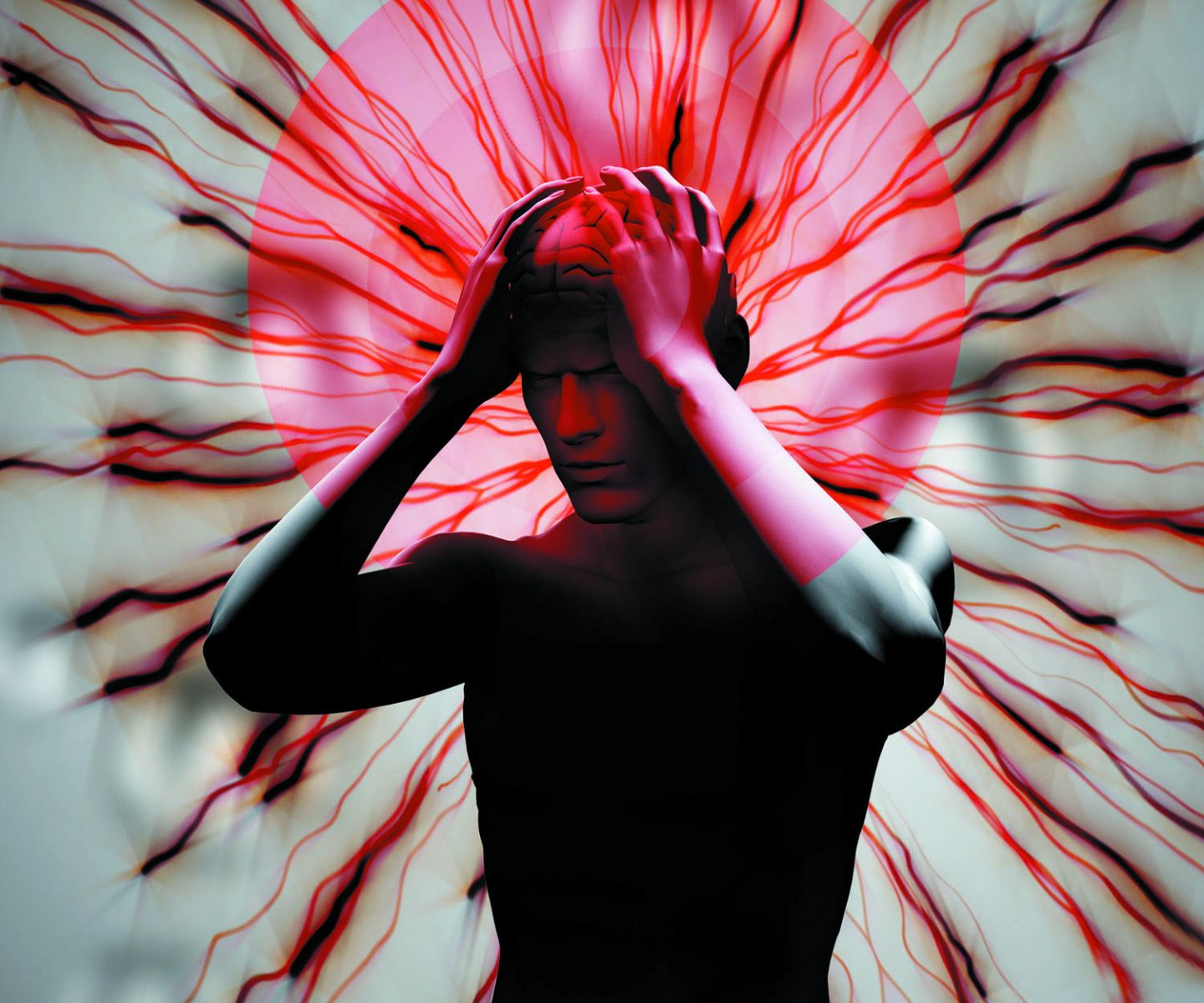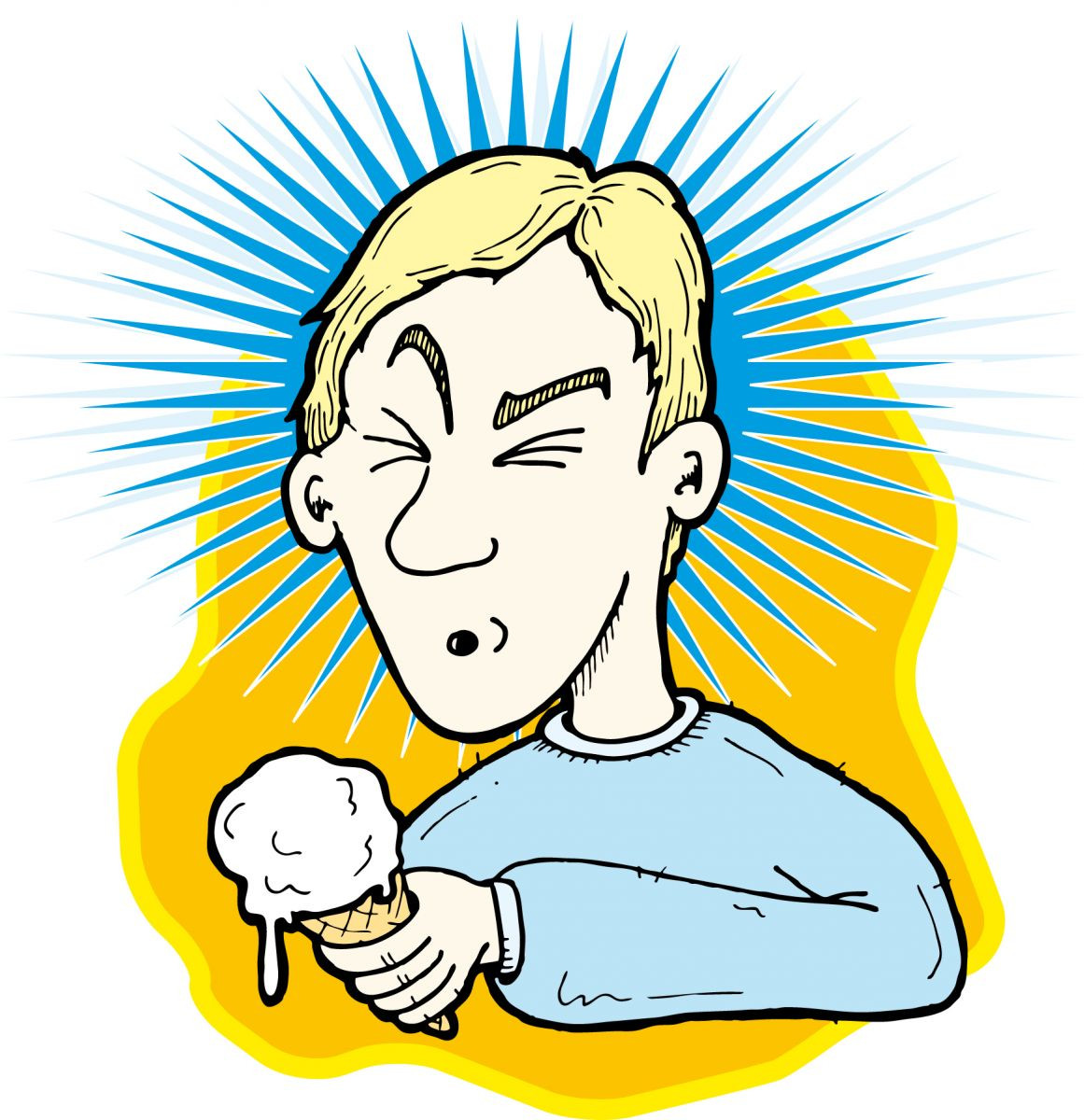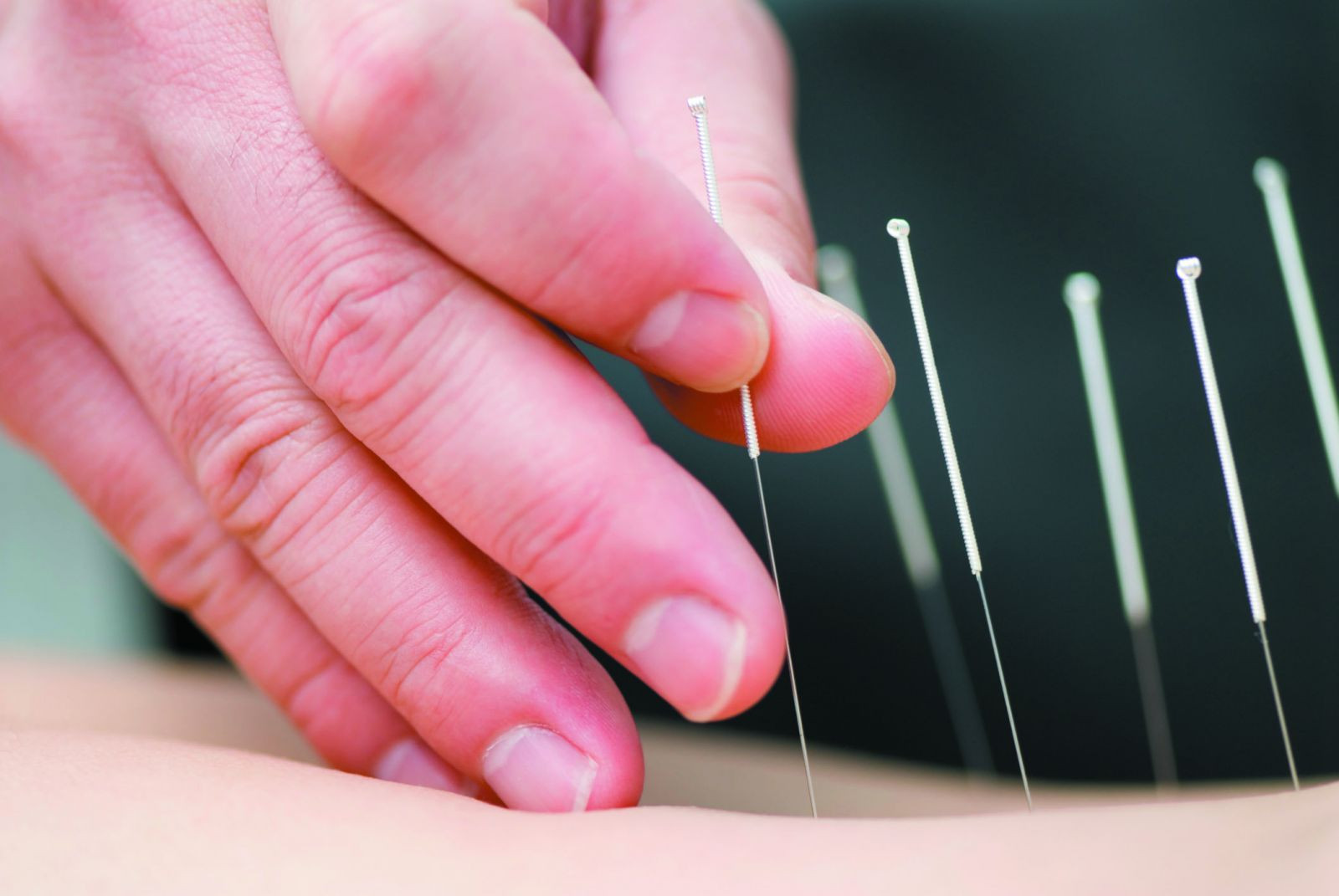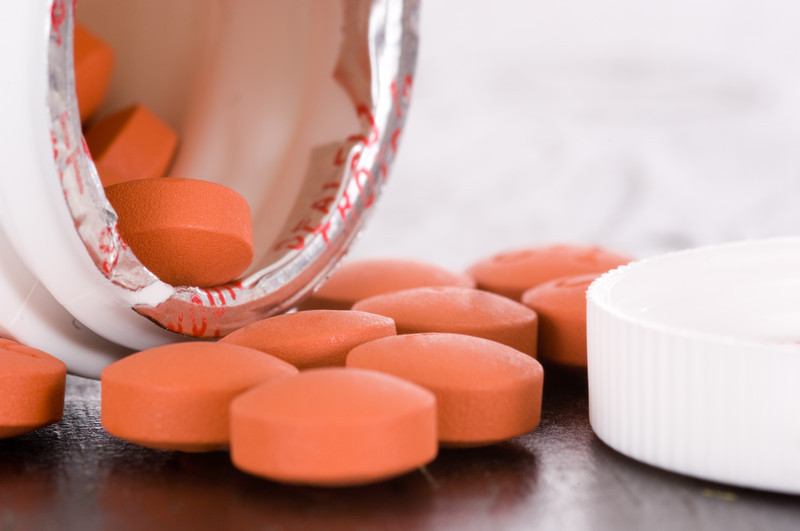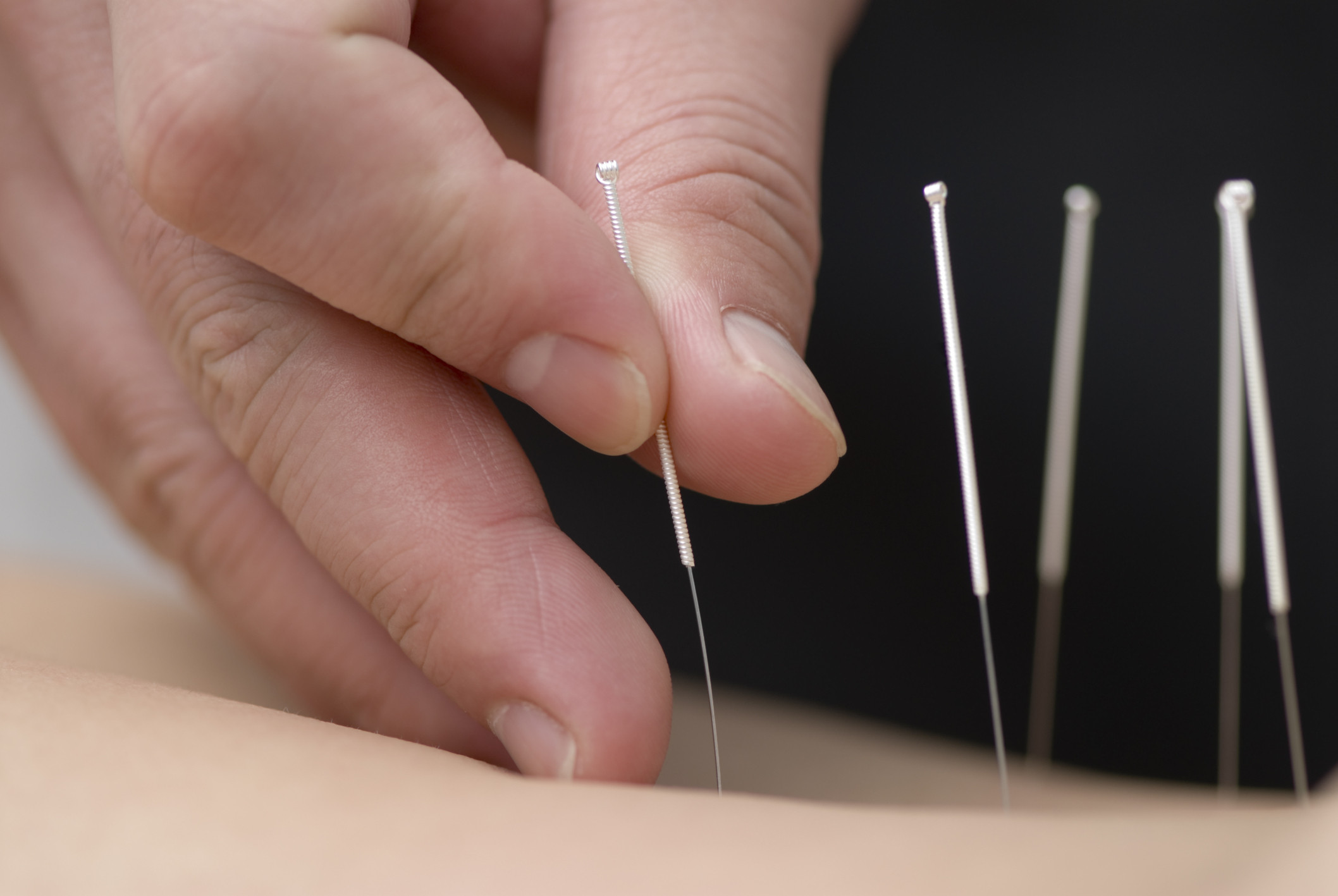
5 timeless habits for better health

What are the symptoms of prostate cancer?

Is your breakfast cereal healthy?

When pain signals an emergency: Symptoms you should never ignore

Does exercise give you energy?

Acupuncture for pain relief: How it works and what to expect

How to avoid jet lag: Tips for staying alert when you travel

Biofeedback therapy: How it works and how it can help relieve pain

Best vitamins and minerals for energy

Should you take probiotics with antibiotics?
Headache Archive
Articles
Quick-start guide to headaches
Pain from migraines, cluster headaches, and other types of headaches require very different treatments.
Image: © Wavebreakmedia Ltd/Thinkstock
Pain around the eye and throbbing on one side of the head — they're common headache symptoms, but what do they mean? "Many times people assume a headache is due to sinusitis, and they put up with it for years," says Dr. John Pettinato, a neurologist with Harvard-affiliated Beth Israel Deaconess Medical Center.
Understanding your pain can help you find the best approach to treatment.
What causes ice cream headache?
Q. What exactly happens when I eat something cold and get an ice cream headache? Is it harmful in any way?
A. Ice cream headache, also known as "brain freeze" or cold-stimulus headache, is a headache some people get when they consume a cold food or beverage quickly. The pain is usually in the forehead or both temples, and it usually lasts less than five minutes.
The finer points of acupuncture
This ancient practice can be used alone or with conventional therapy to help ease your pain.
Image: © zilli/Thinkstock
Men looking for an easy and effective means to manage pain should consider acupuncture.
"There are many different types of pain — neuropathic, muscular, degenerative joint — all of which can make management complex," says Hugo Lopez, a licensed acupuncturist with Harvard-affiliated Massachusetts General Hospital Cancer Center. "Sometimes you need to treat not just the physical components, but also the psychological ones, and that is where acupuncture can help, as it addresses both problems."
Migraine sufferers have a higher risk for stroke after surgery
In the journals
People who suffer from migraines have increased risks of stroke and hospital readmission within 30 days after having surgery, according to research published online Jan. 10, 2017, by BMJ.
The study included 124,558 patients (45% of whom were men), who had a history of migraines, either with or without aura (a period of symptoms, such as flashes of light or facial tingling, that precedes the migraine). The researchers monitored the condition of all the patients after either inpatient or outpatient surgery. They then looked at how many had strokes and how many were readmitted to the hospital over the following 30 days.
Short circuit migraines before they start
Author and migraine sufferer Joan Didion once wrote, "That no one dies of migraine seems, to someone deep into an attack, an ambiguous blessing." At that time, migraines weren't something that could be prevented. Today, that's a possibility for some people who have severe migraines, frequent migraines (more than three or four times a month), or migraines that don't respond well to treatment.
The cornerstone of migraine prevention is managing triggers like stress or certain foods or strong perfumes. Alternative and complementary therapies (like acupuncture) help some migraine sufferers keep headaches at bay.
Migraine linked with increased risk of heart disease in women
Migraine headaches are associated with an increased risk of heart disease as well as stroke in women.
Botox injections get another nod for treating migraine headaches
In its 2016 guidelines, the American Academy of Neurology recommended the use of onabotulinumtoxin A (Botox) injections as a way to help reduce the frequency of chronic migraines.

5 timeless habits for better health

What are the symptoms of prostate cancer?

Is your breakfast cereal healthy?

When pain signals an emergency: Symptoms you should never ignore

Does exercise give you energy?

Acupuncture for pain relief: How it works and what to expect

How to avoid jet lag: Tips for staying alert when you travel

Biofeedback therapy: How it works and how it can help relieve pain

Best vitamins and minerals for energy

Should you take probiotics with antibiotics?
Free Healthbeat Signup
Get the latest in health news delivered to your inbox!
Sign Up
